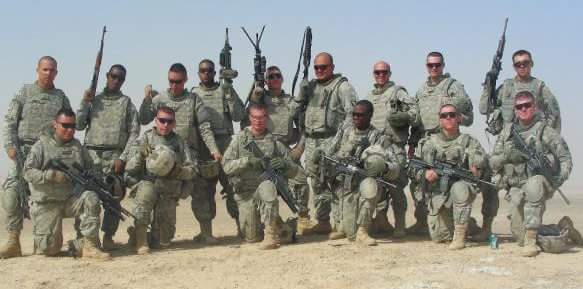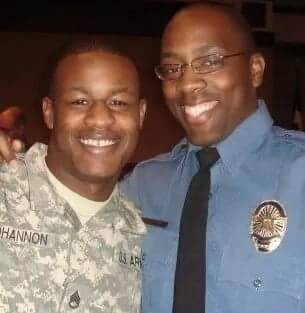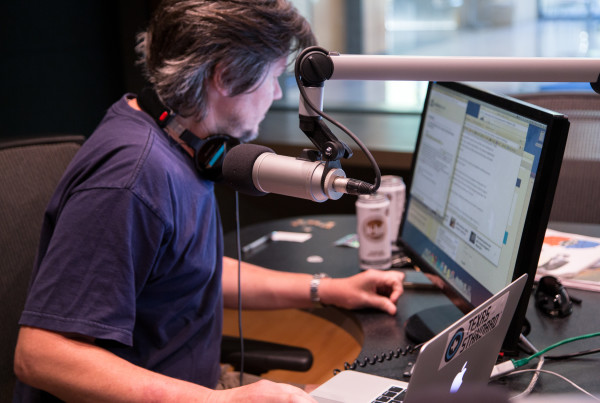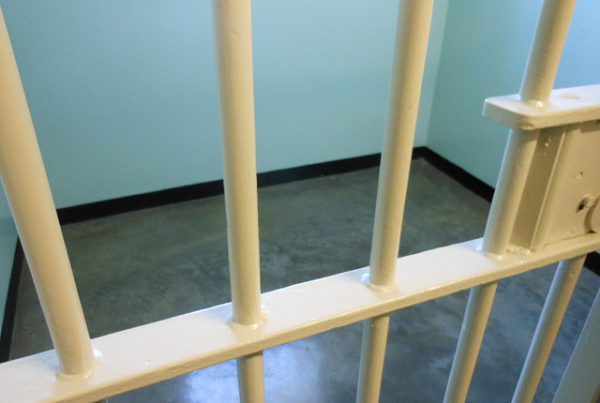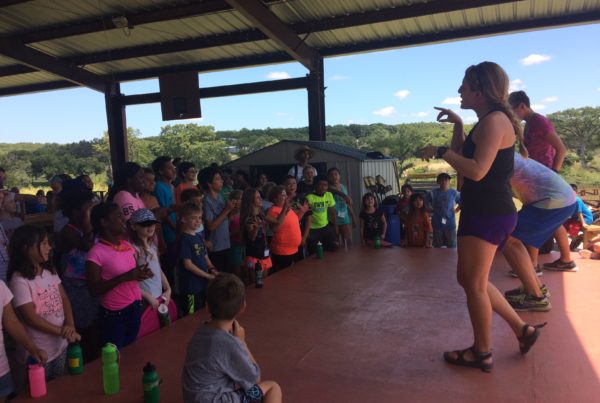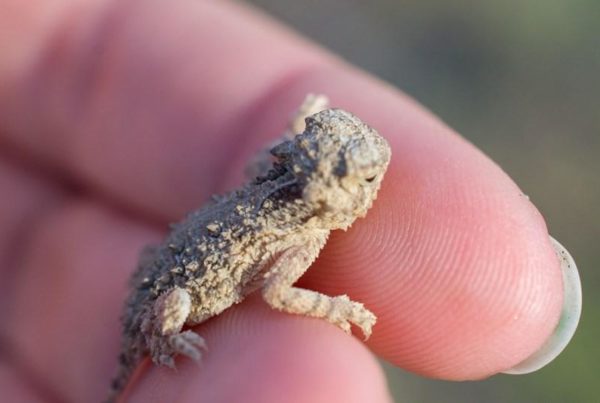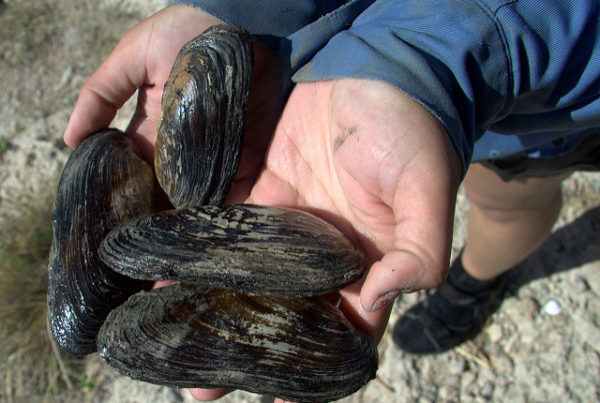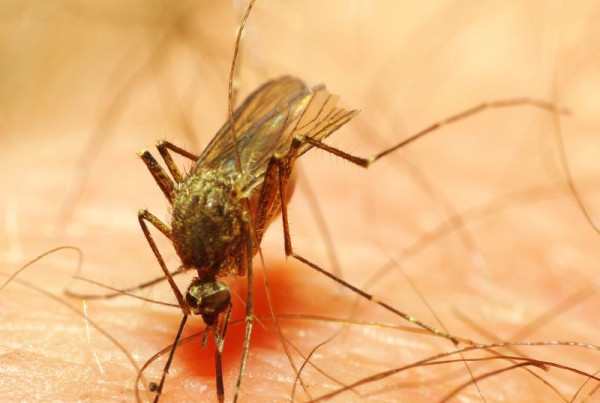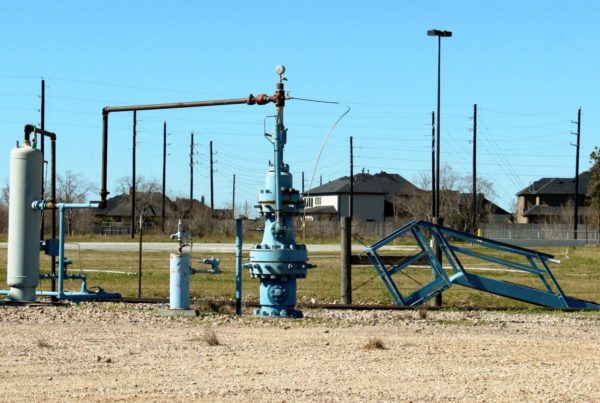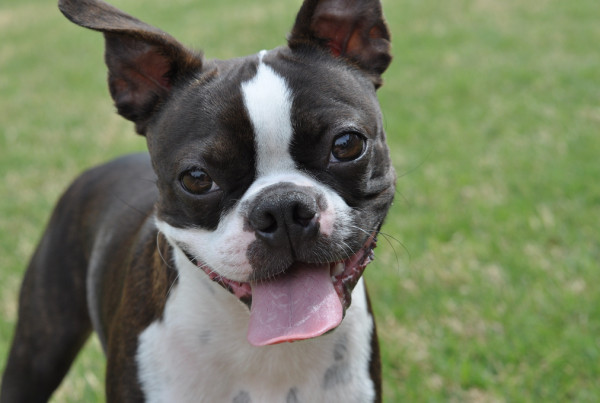Two shootings in July: one in Dallas, the other in Baton Rouge. First, a sniper shot down five police officers at a protest. A few weeks later a man ambushed and killed three police officers.
It’s been over a month since the two shootings, and there are still a lot more questions than answers. You can’t talk about one without mentioning the other – both incidents were eerily similar. There were two different shooters, both of them black, both upset about recent police violence. There is also another similarity, one that hasn’t been mentioned a lot – they were both black veterans.
The facts immediately bring up a lot of questions, ones about post-traumatic stress disorder, collective trauma and race. But there’s one question we haven’t found the answer for yet: What would push someone to commit such an act?
Justin Bohannon is a combat vet from the Army. At the time of his deployment he was also one of the few black soldiers in his unit. Bohannon said he experienced racist jokes, tougher punishments and a general sense of isolation. I asked him how he overcame racism on the front lines – he said he didn’t.
“The honest answer is that I kind of dealt with it and just focused on the mission, because I knew I needed to get back home,” Bohannon says. “But in the back of my mind, a lot of people like me felt like there was a good ol’ boy system and you were either part of the boys or not. So we knew there were two enemies. But we focused on the main threat. And the main threat was making sure we got back home from Iraq.”


